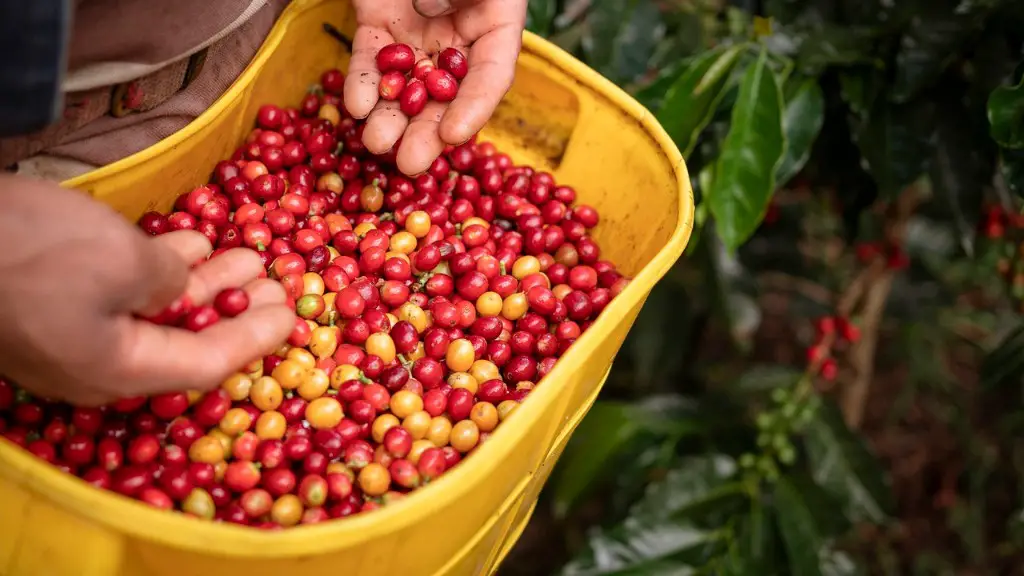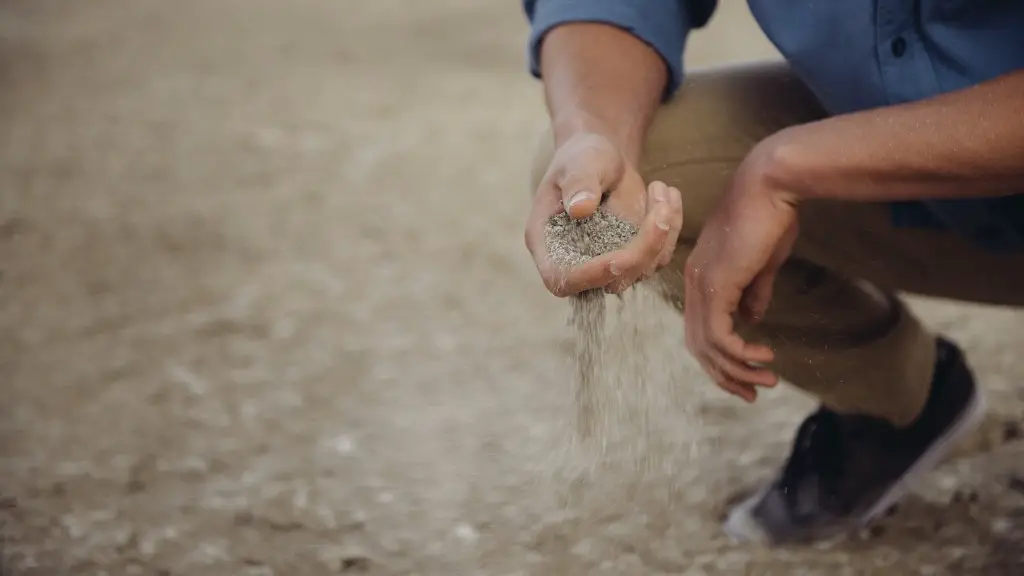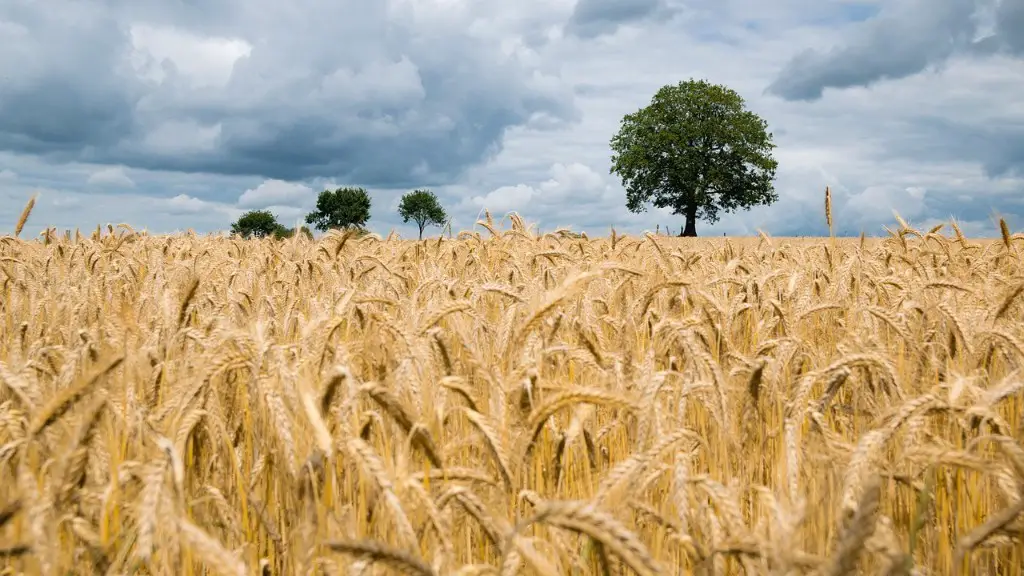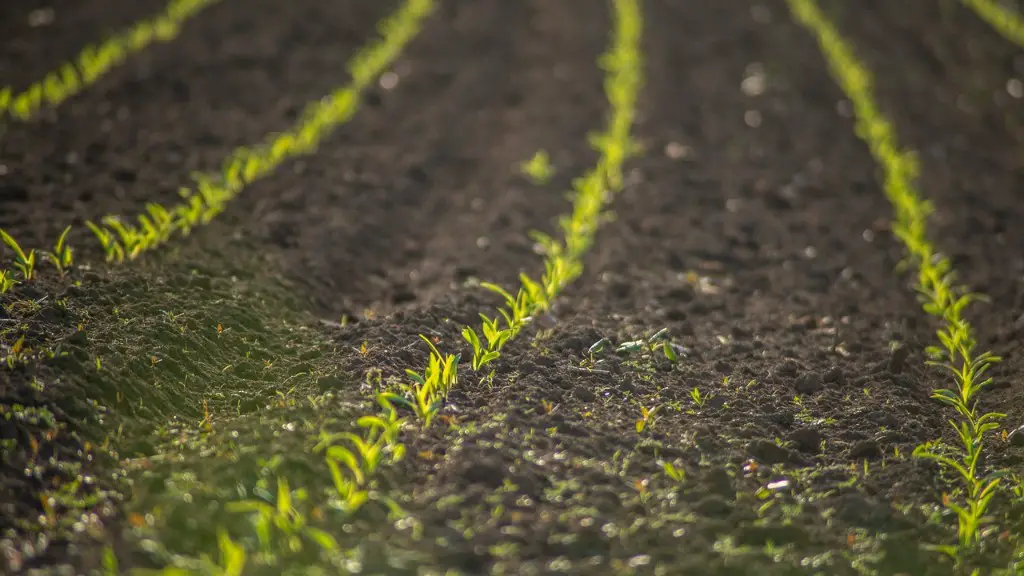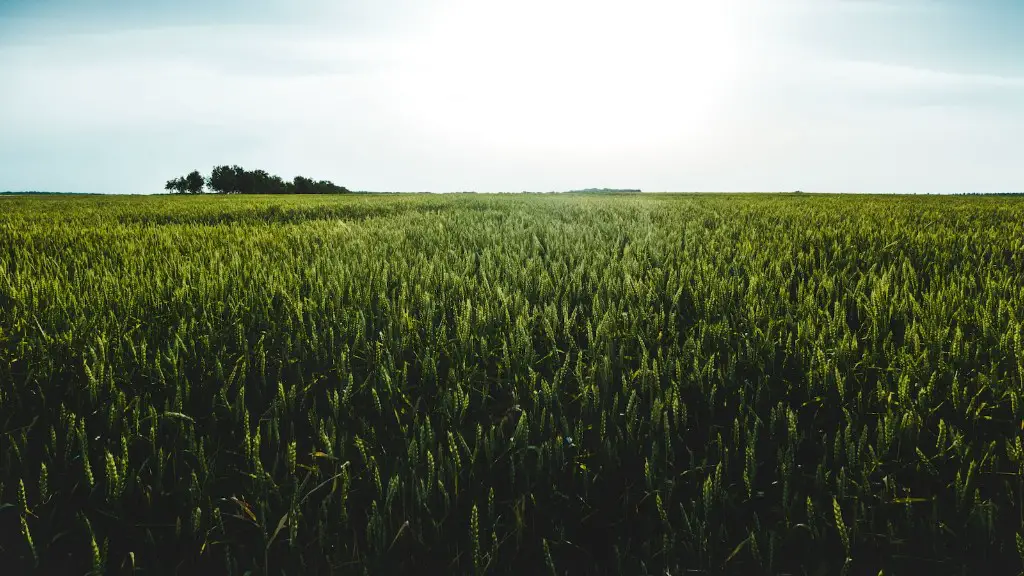Biotechnology is the use of living systems and organisms to develop or make products, or “any technological application that uses biological systems, living organisms, or derivatives thereof, to make or modify products or processes for specific use”
The Agricultural Biotechnology industry is one of the most important and promising sectors within the biotechnology industry. Agricultural biotechnology is used to manipulate plant genes to produce crops that are more resistant to pests and diseases, and can tolerate herbicides. Agricultural biotechnology also includes the production of genetically modified animals for use in agriculture.
The use of biotechnology in agriculture has increased dramatically in the past 20 years. In the United States, the Plant Genome Initiative and the National Plant Biotechnology Program are two government-funded programs that are researching and developing new ways to use biotechnology in agriculture.
There are many benefits of using biotechnology in agriculture. One benefit is that it can help to increase crop yields. Another benefit is that it can help to improve the quality of crops. For example, biotechnology can be used to produce crops that are more resistant to pests and diseases. Additionally, biotechnology can be used to create crops that have a higher nutritional content.
There are also some risks associated with the
The use of biotechnology in agriculture has increased the efficiency of crop production and has made it possible to produce crops that are resistant to pests and diseases. Biotechnology has also made it possible to develop crops that are tolerant to drought and other environmental stresses.
What is the importance of biotechnology?
Biotechnology has had a profound impact on health and medicine. Through genetic engineering, scientists have been able to create new medicines and treatments for diseases. Some of the most notable achievements include the creation of interferon for cancer patients, synthetic human growth hormone, and synthetic insulin. These advances have improved the quality of life for millions of people around the world.
Biotechnology has helped to increase crop productivity by introducing such qualities as disease resistance and increased drought tolerance to the crops. Now, researchers can select genes for disease resistance from other species and transfer them to important crops. This has helped to improve the yields of many crops, and has also made them more resistant to pests and diseases.
How is the use of biotechnology in agriculture beneficial to the environment
Biotechnology has the potential to help reduce greenhouse gas emissions in a number of ways. For example, crops developed with biotechnology can be used to create sustainable biofuels. In addition, fruits and vegetables that have been treated with biotechnology can stay fresh for longer periods of time, reducing food waste.
Biotechnology can help address many global problems, such as food security, energy security, climate change, aging society, infectious diseases, etc. It can help us develop new and better ways to produce food, energy, and medicines, and to clean up the environment. Biotechnology can also help us understand and treat diseases, and to develop new therapies and diagnostic tools.
What are 5 benefits of biotechnology?
Modern biotechnology is providing some amazing products and technologies that are helping to combat diseases, reduce our environmental impact, feed the hungry, and use less energy. These products and technologies are making a huge difference in the world and are making it a better place for everyone.
Biotechnology is the use of living organisms or their products to modify or make products or processes for specific use. In agriculture, biotechnology is used to develop crops with improved traits, such as resistance to pests and disease, or tolerance to herbicides. Other examples of biotechnology in agriculture include the development of biofuels and the improvement of plant growth and seed quality.
What are the five advantages of using biotechnology for agriculture development?
Agricultural biotechnology has shown to have a number of benefits that can be extremely helpful to farmers. These benefits include increased yield from crops, reduced vulnerability of crops to environmental stresses, increased nutritional qualities of food crops, improved taste, texture or appearance of food, reduced dependence on fertilizers, pesticides and other agrochemicals, and production of pharmaceuticals and other industrial products. In a time where the world’s population is continuing to grow and the demand for food is constantly increasing, agricultural biotechnology provides a way to help meet this demand in a more efficient and environmentally sustainable way.
Biotechnology is a promising technology that offers many advantages, especially in three broad categories: environmental protection, higher yields, and improvements in human health. Biotechnology can help us protect the environment by cleaning up hazardous waste, developing new ways to produce energy, and recycling materials. It can also help us increase crop yields and improve the quality of food. Finally, biotechnology can be used to improve human health by developing new vaccines and treatments for diseases.
What are 4 benefits of biotechnology
1. Bioproduction of sustainable chemicals, energy and other materials: Biotechnology can help us produce sustainable chemicals, energy, and other materials in a more environmentally friendly way. For example, we can use microorganisms to produce biofuels, instead of using petroleum products. We can also use biotechnology to convert waste products into useful materials, such as biochar.
2. Genetically modified crops increases sustainable food production: One of the major benefits of biotechnology is that it can help us increase food production in a sustainable way. For example, by developing genetically modified crops that are resistant to pests and diseases, we can reduce the need for pesticides and other chemicals. This can help us reduce our impact on the environment.
3. Seawater bioprocesses to produce fuel and chemicals: Seawater is a abundant and renewable resource that can be used to produce fuel and chemicals through bioprocesses. This can help reduce our dependence on fossil fuels, and ultimately help to protect the environment.
4. Zero-waste bio-processing: Biotechnology can help us to reduce or eliminate waste products from industrial processes. For example, we can use enzymes to break down cellulose into glucose, which can then
The role of biotechnology in the field of plant breeding is undeniable. The technologies mentioned allow for a greater degree of control and accuracy when it comes to plant breeding, which in turn results in better and more resilient plants. This is especially beneficial in the case of agricultural plants, where the right mix of traits can mean the difference between a bountiful harvest and an unsuccessful one. In short, biotechnology is another tool that plant breeders can use to help create the ideal plant.
What is biotechnology and its impact on agricultural management?
Biotechnology is a branch of biology in which technology is applied in biological systems to create useful products for human welfare. It is used in managing agriculture in the following ways: Genetically Modified (GM) crops are now produced by incorporating beneficial genes in the DNA of the crops. This results in the crops being more resistant to pests and diseases, and having higher yields. Biotechnology is also used in the production of organic fertilizers and pest control agents.
Though agricultural biotechnology comes with a set of potential pros, there are also a number of cons to consider. These include the potential for negative impacts on human health, the environment, and biodiversity. It is important to evaluate all potential impacts of this technology before deciding whether or not to use it.
What are the advantages and disadvantages of biotechnology in agriculture
There are both pros and cons to applying biotechnology in agriculture. Some of the pros include higher crop yield, increased protection of crops, increased nutritional value, enhancements in food production processes, better flavors, and fresher produce. Some of the cons include possible negative effects on the environment, potential health risks, and the possibility of creating new pests and diseases. Overall, the pros seem to outweigh the cons, but it is important to consider all factors before making a decision.
Agricultural biotechnology has the potential to advance crop productivity production enhancement and improve food security at global level There is a growing alarm about the genetically engineered crops and its environment effects on food chain. However, it is important to consider that agricultural biotechnology is still in its early developmental stages, and there is a lot of potential for it to be used in a way that minimizes negative environmental impact. With proper regulation and safeguards in place, agricultural biotechnology can be a powerful tool for improving food security and environmental sustainability.
What is biotechnology in field of agriculture?
Biotechnology has revolutionized agriculture and it has become an indispensable tool for modern farmers. It helps them to produce more food with fewer inputs and less environmental impact. Some of the most important applications of biotechnology in agriculture are:
1. Genetically modified organisms (GMOs): GMOs are plants or animals whose genomes have been modified using genetic engineering techniques. They are also sometimes referred to as “transgenic” organisms. GMOs have been developed for a variety of reasons, including to make crops resistant to herbicides or pests, or to improve their nutritional content.
2. Bt cotton: Bt cotton is a genetically modified variety of the plant that produces a protein that is toxic to certain insect pests. This protein is derived from a soil bacterium called Bacillus thuringiensis (or Bt for short). Bt cotton was first introduced in the United States in 1996 and is now planted in more than a dozen countries.
3. Pest resistant plants: Pest resistant plants are another important application of biotechnology in agriculture. They are created by introducing genes from other organisms that confer resistance to pests. For example, a gene from a bacterium called Bacillus thuringiensis (or Bt for short
Many new plant varieties being developed or grown by farmers have been produced using genetic engineering, which involves manipulating the plant’s genes through techniques of modern molecular biology often referred to as recombinant DNA technology. This technology can be used to introduce new traits or to increase the level of expression of existing traits in a plant. For example, genes can be inserted into a plant that confer resistance to herbicides or pests, or that increase the plant’s tolerance to drought or cold.
Final Words
Biotechnology is agricultural science that uses biological processes, including genetic engineering, to modify agricultural products. Agricultural biotechnology includes processes such as the development of pest-resistant crops and herbicide-tolerant plants.
The use of biotechnology in agriculture has the potential to improve the quality and quantity of food production in developing countries, as well as to reduce the reliance on chemical pesticides and fertilizers. Biotechnology can also help farmers adapt to changing environmental conditions, such as climate change.
In recent years, there has been increasing public concern about the safety of genetically modified (GM) foods. However, most GM crops currently on the market have been found to be safe for human and animal consumption.
The importance of biotechnology in agriculture is vast. It can be used to improve crops and animals, making them resistant to pests and diseases. It can also be used to increase yields and improve the quality of food. Additionally, biotechnology can be used to clean up the environment by breaking down pollutants and recycling them into useful products.
